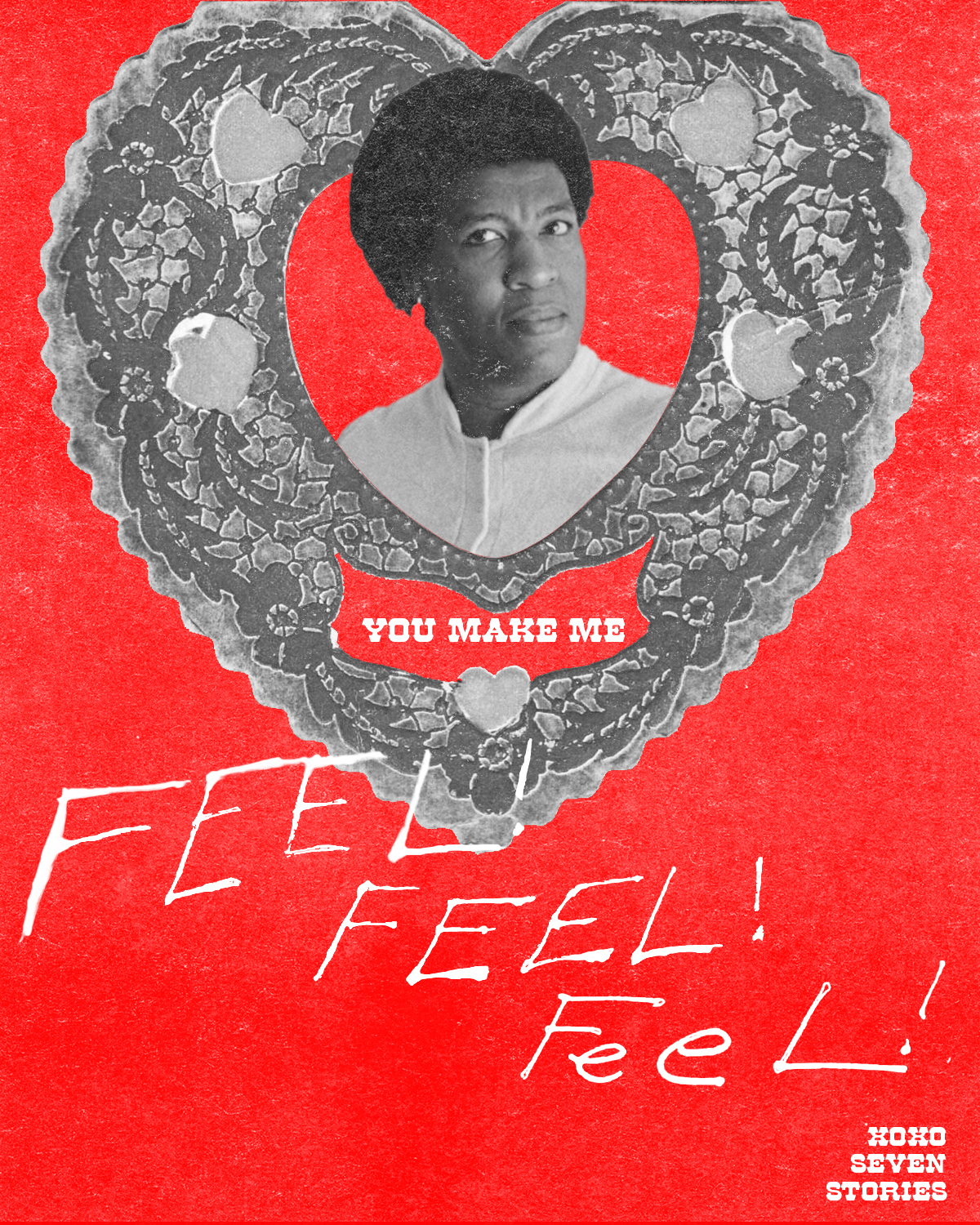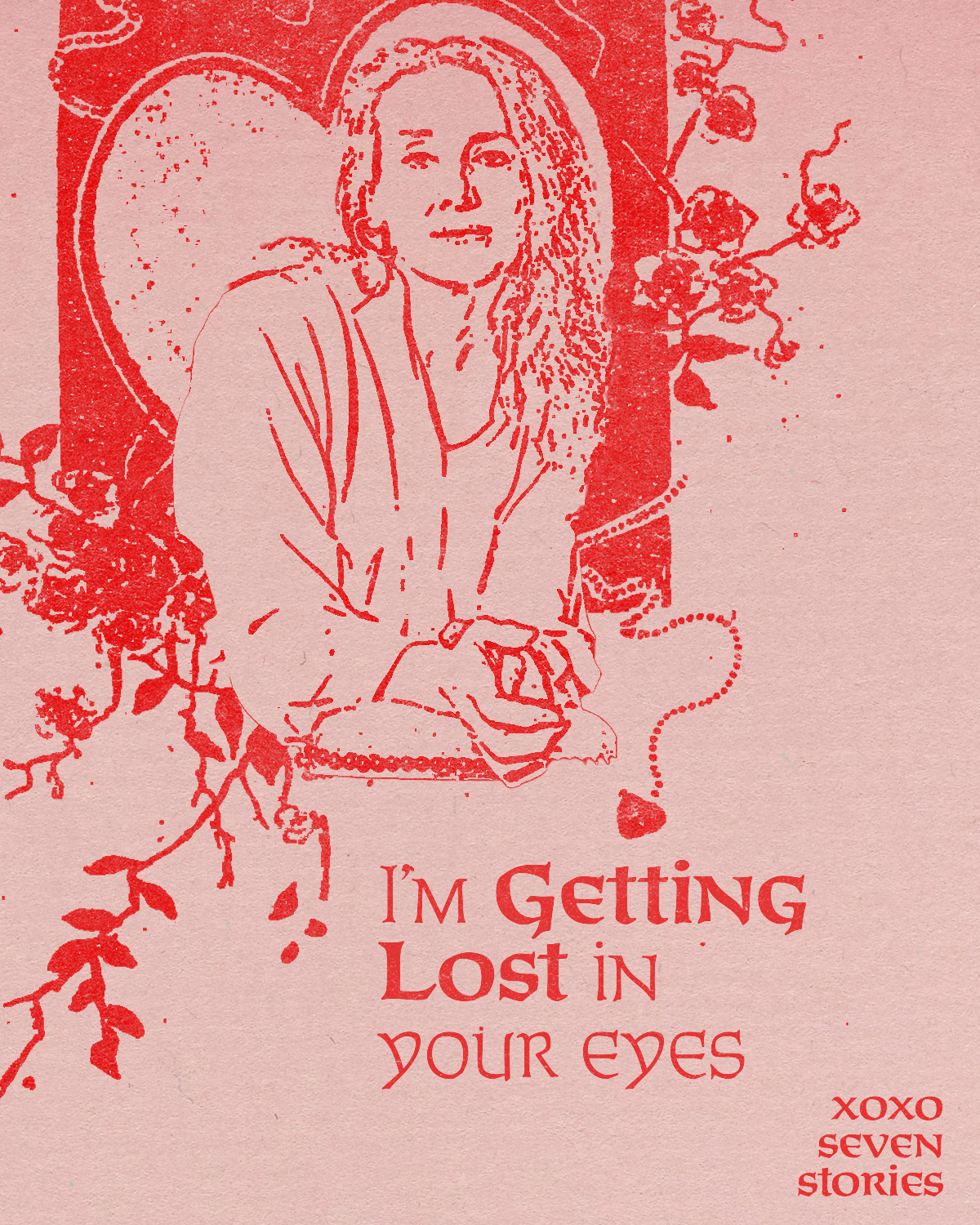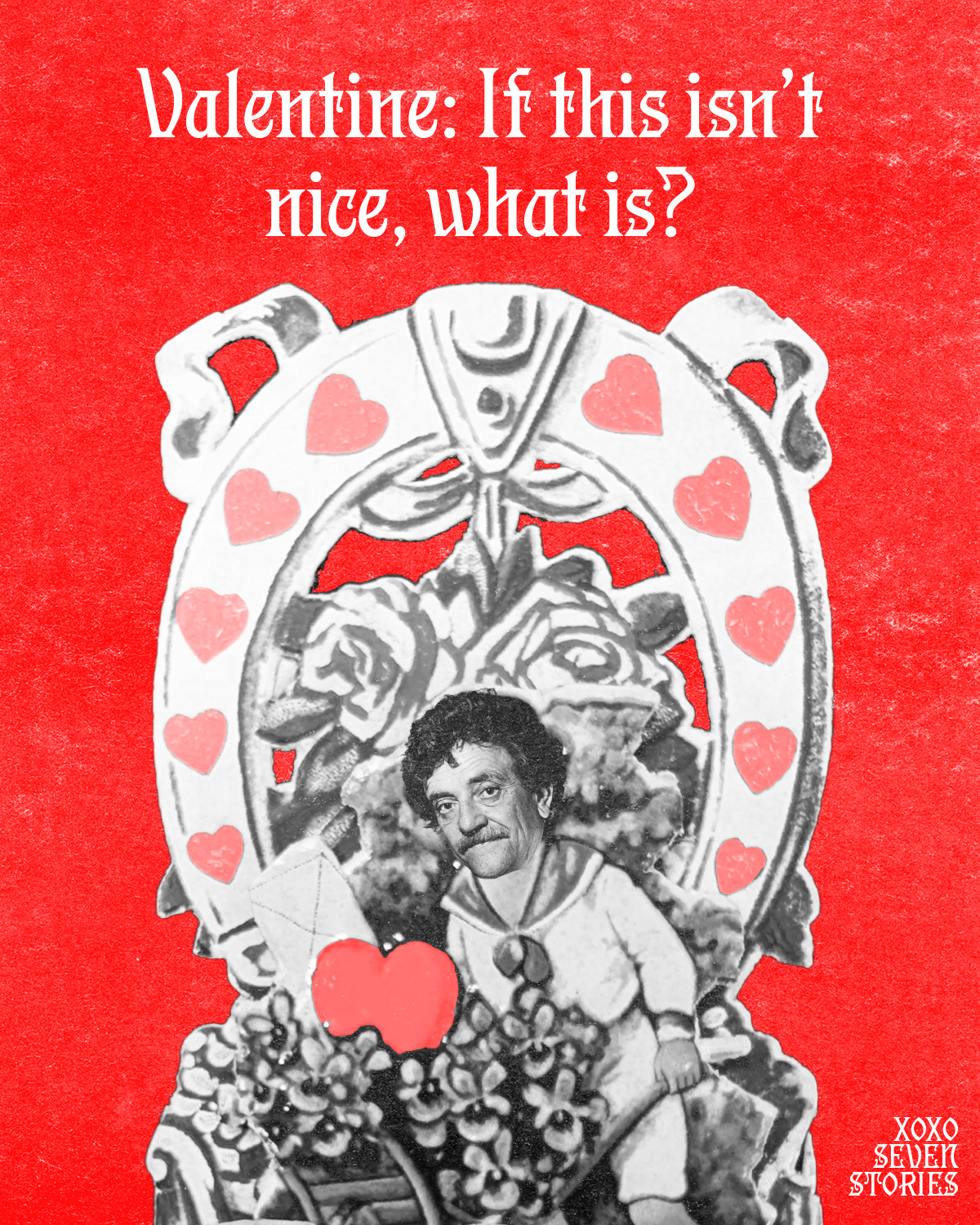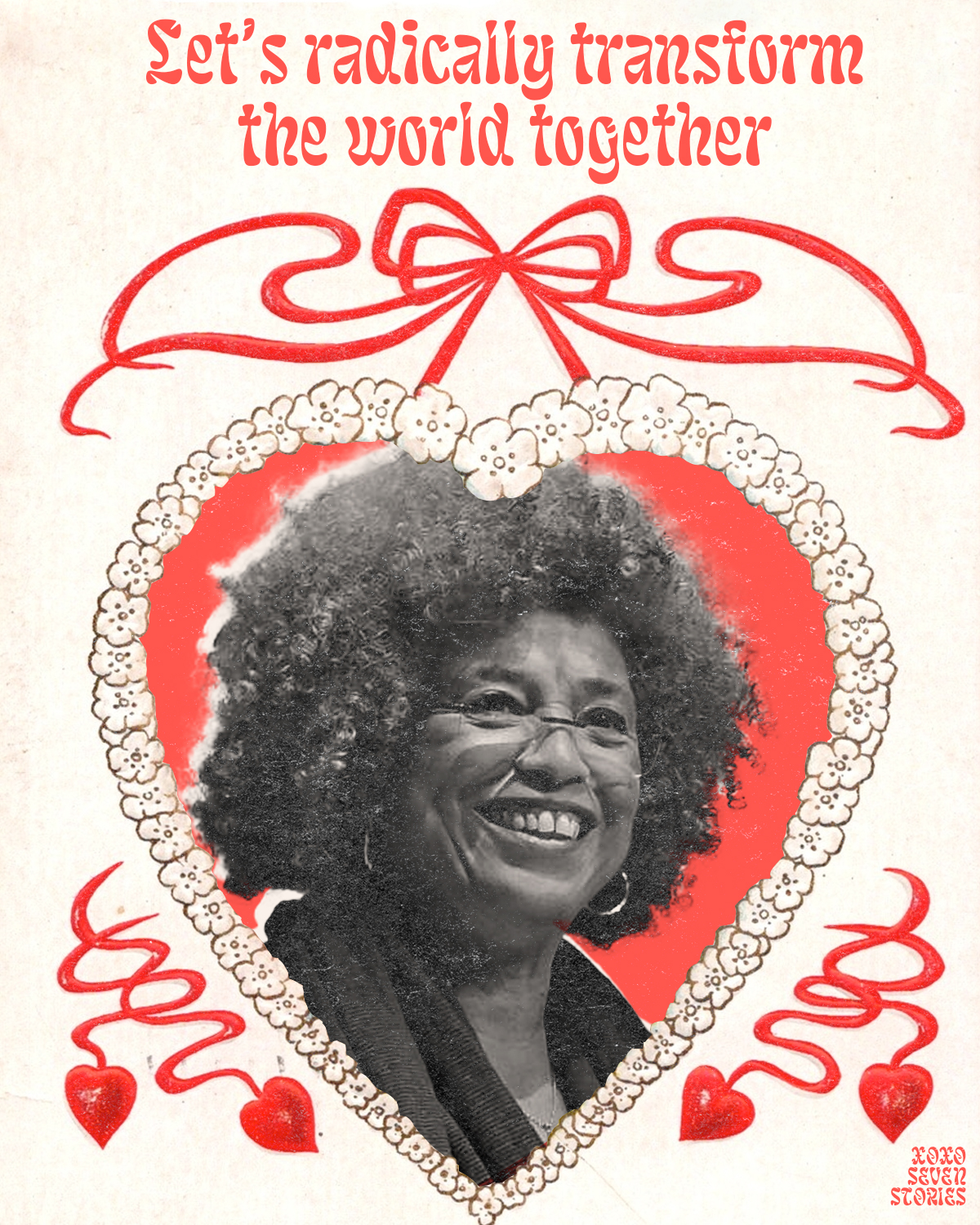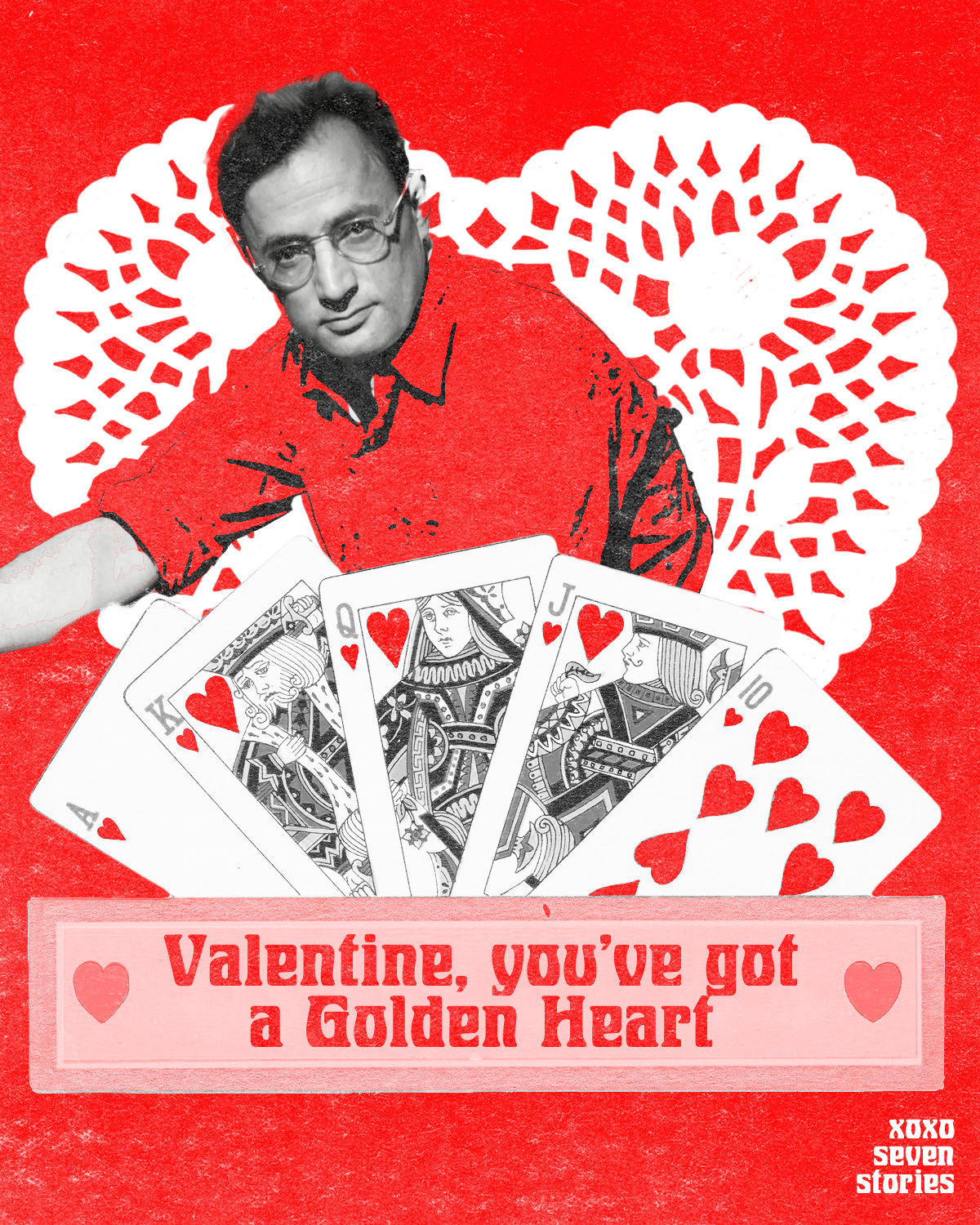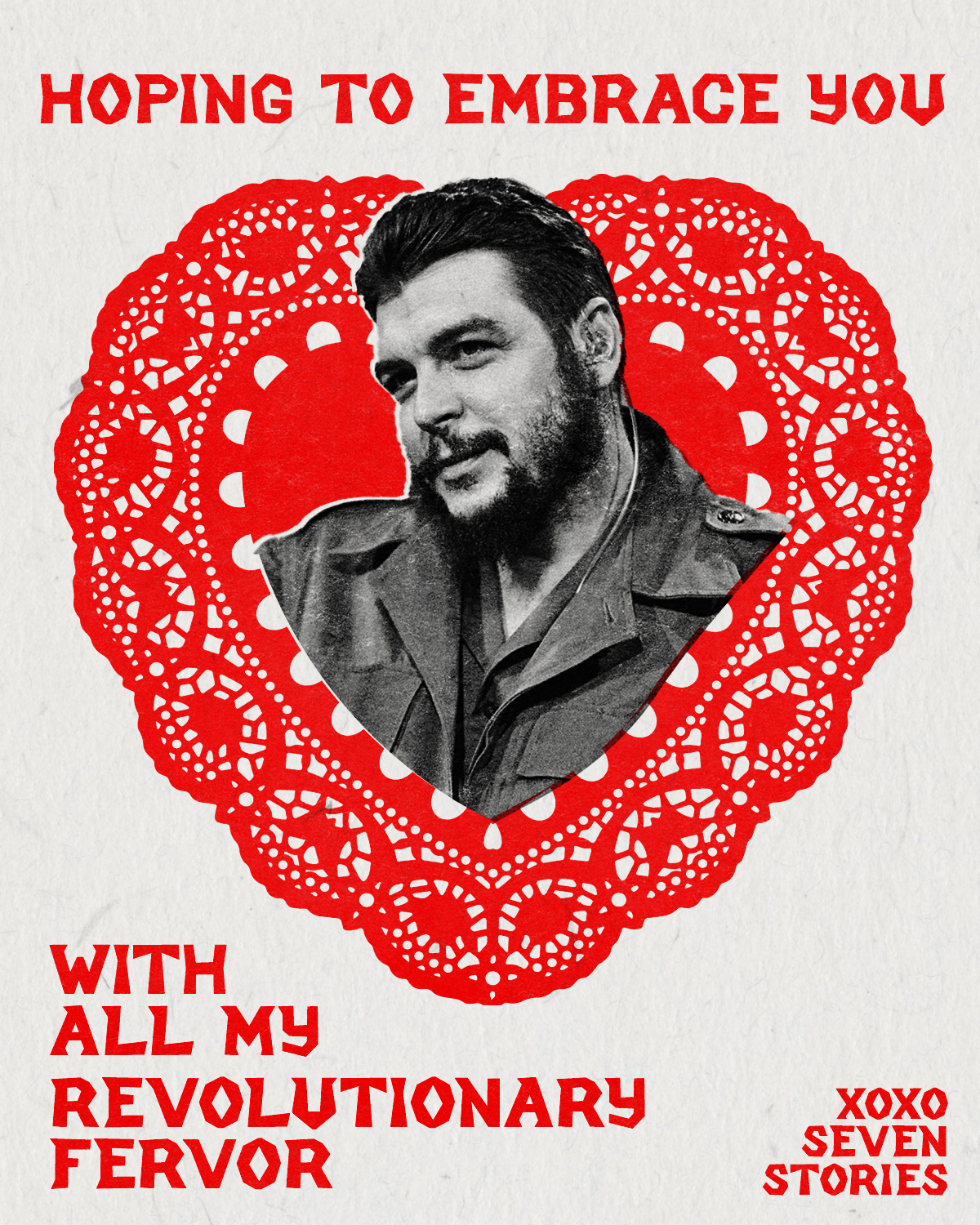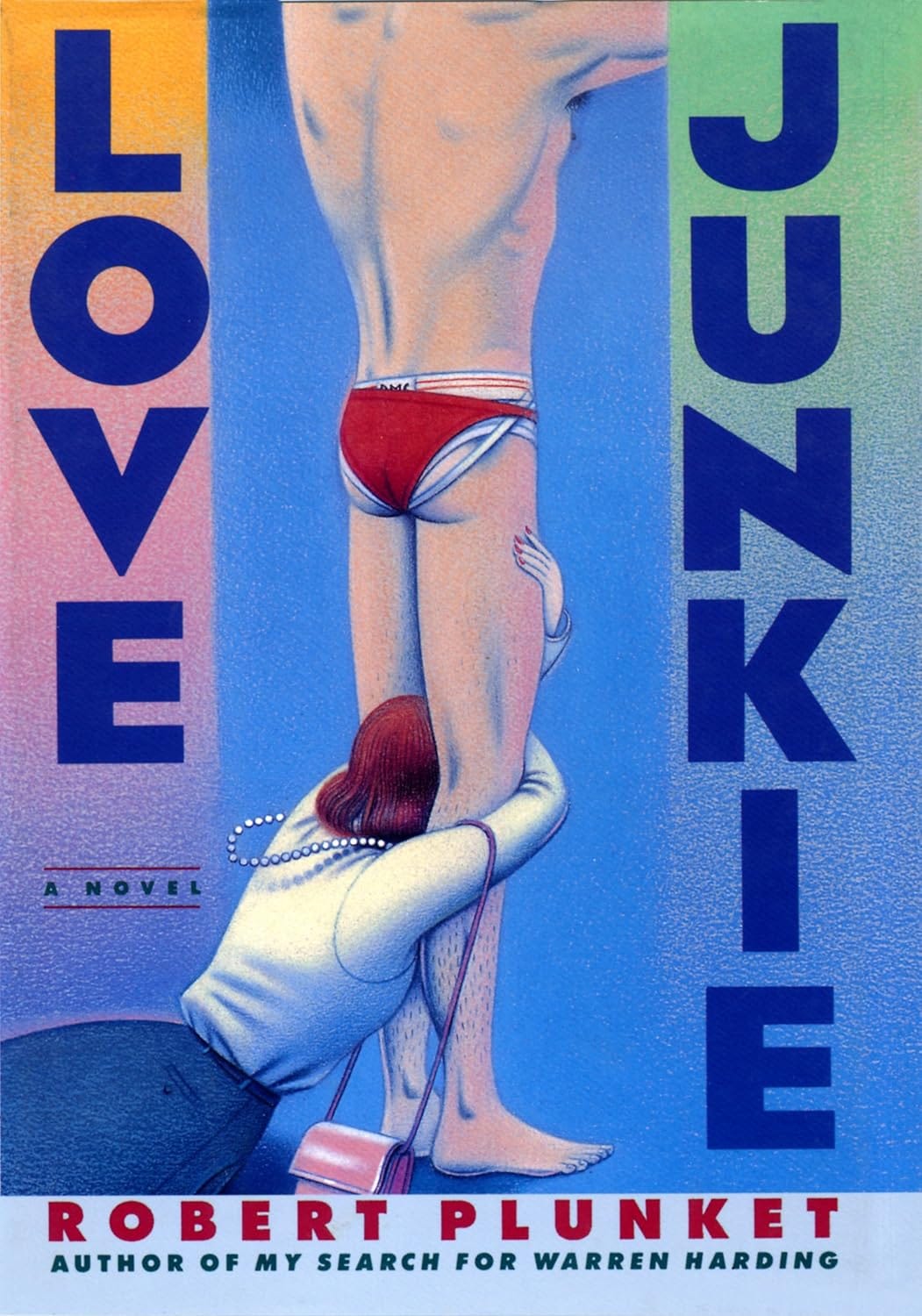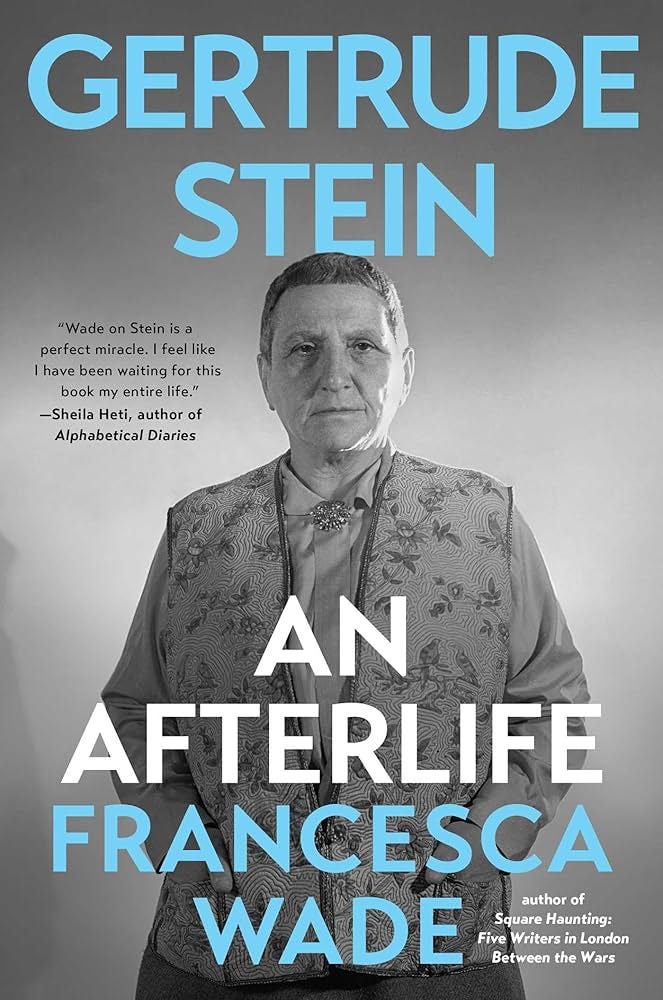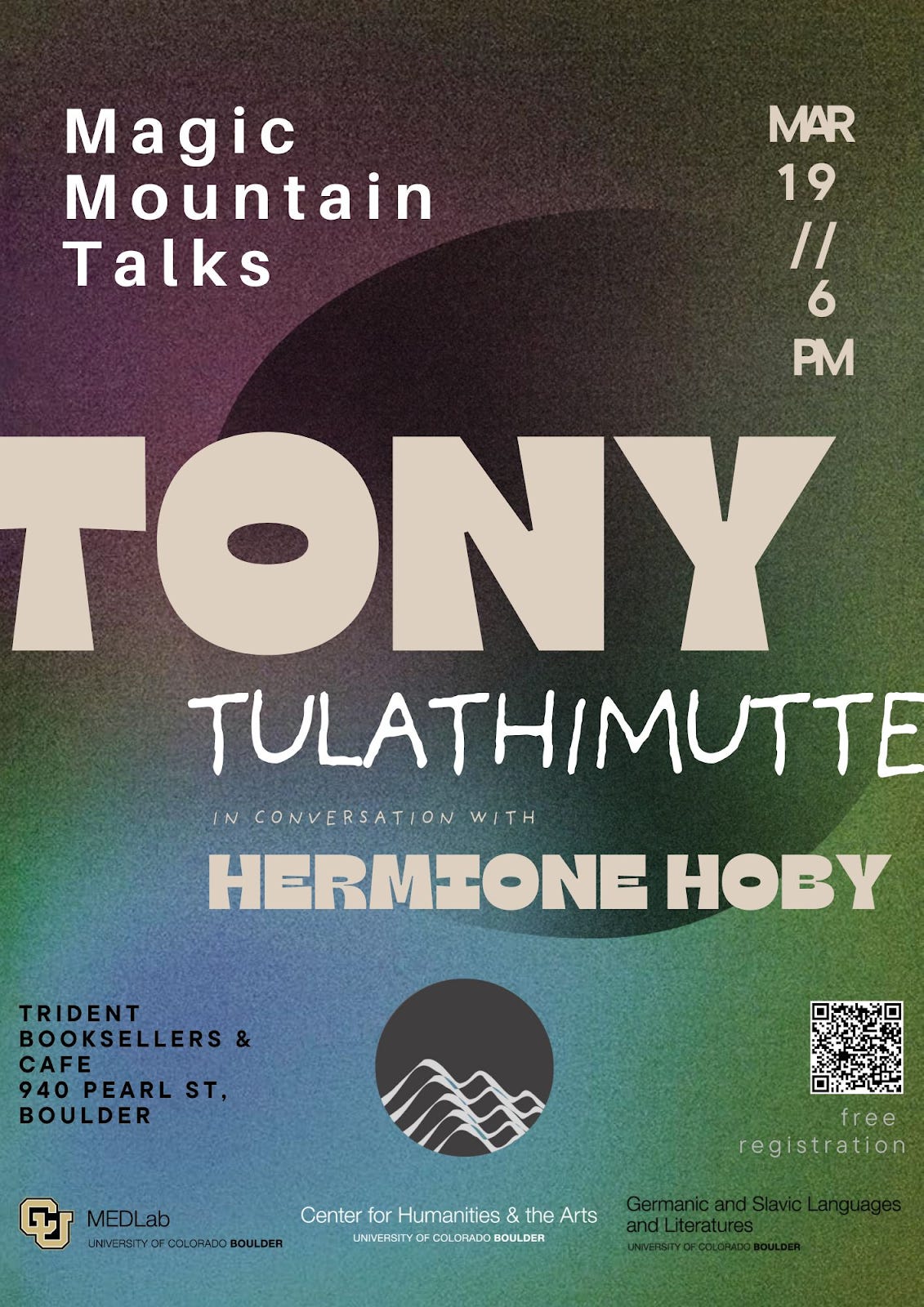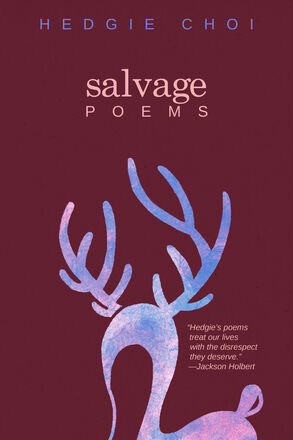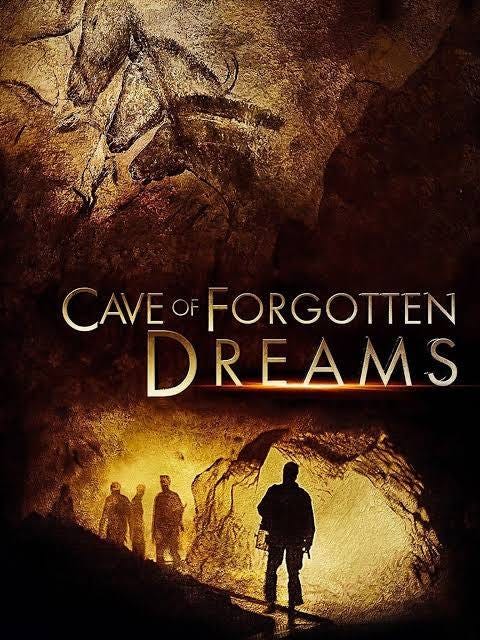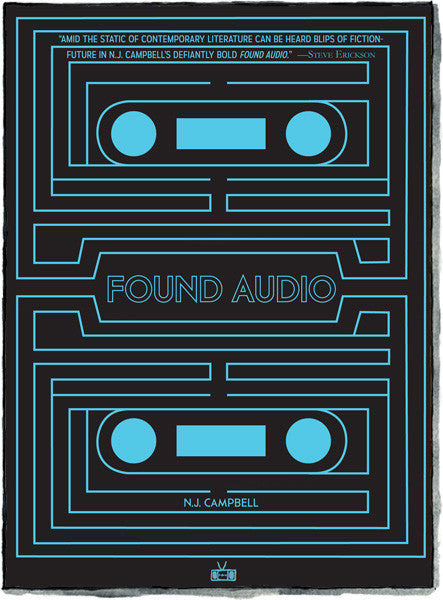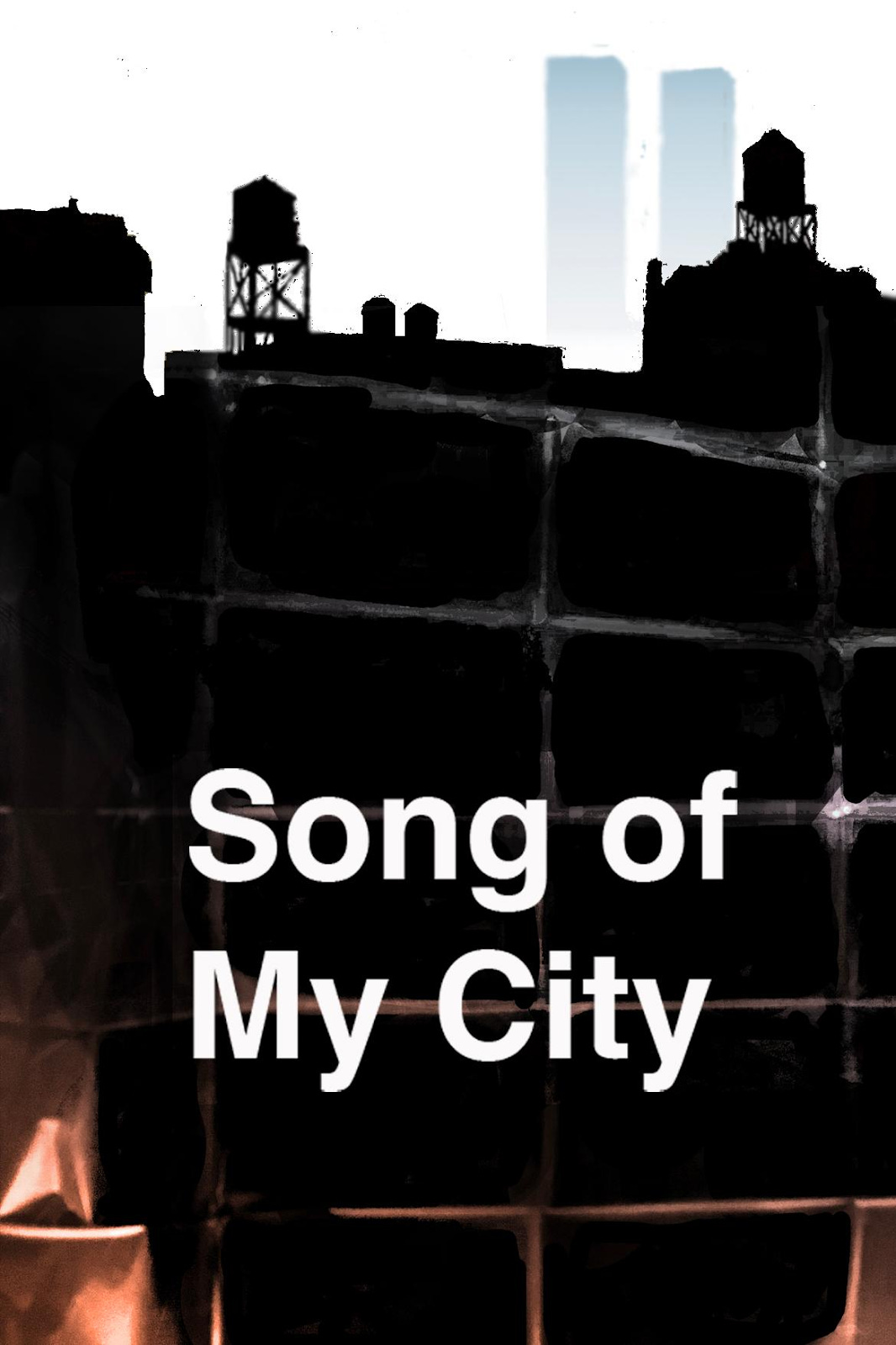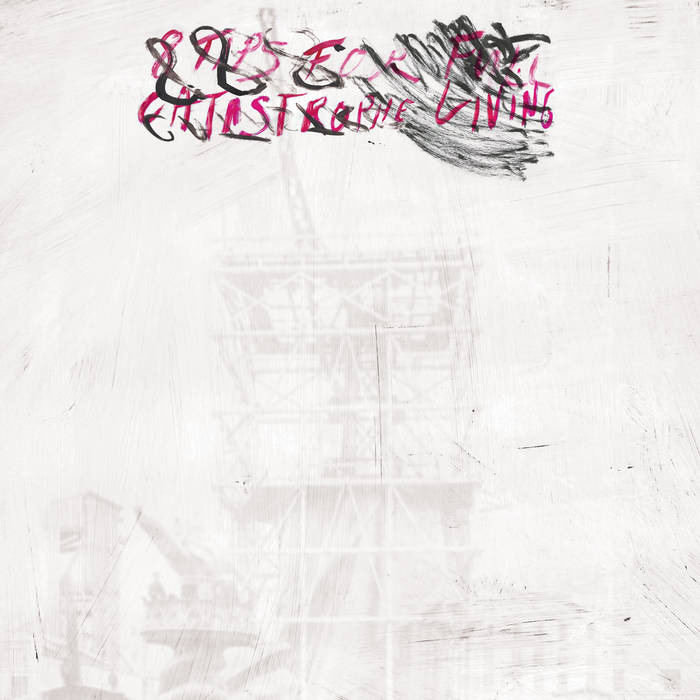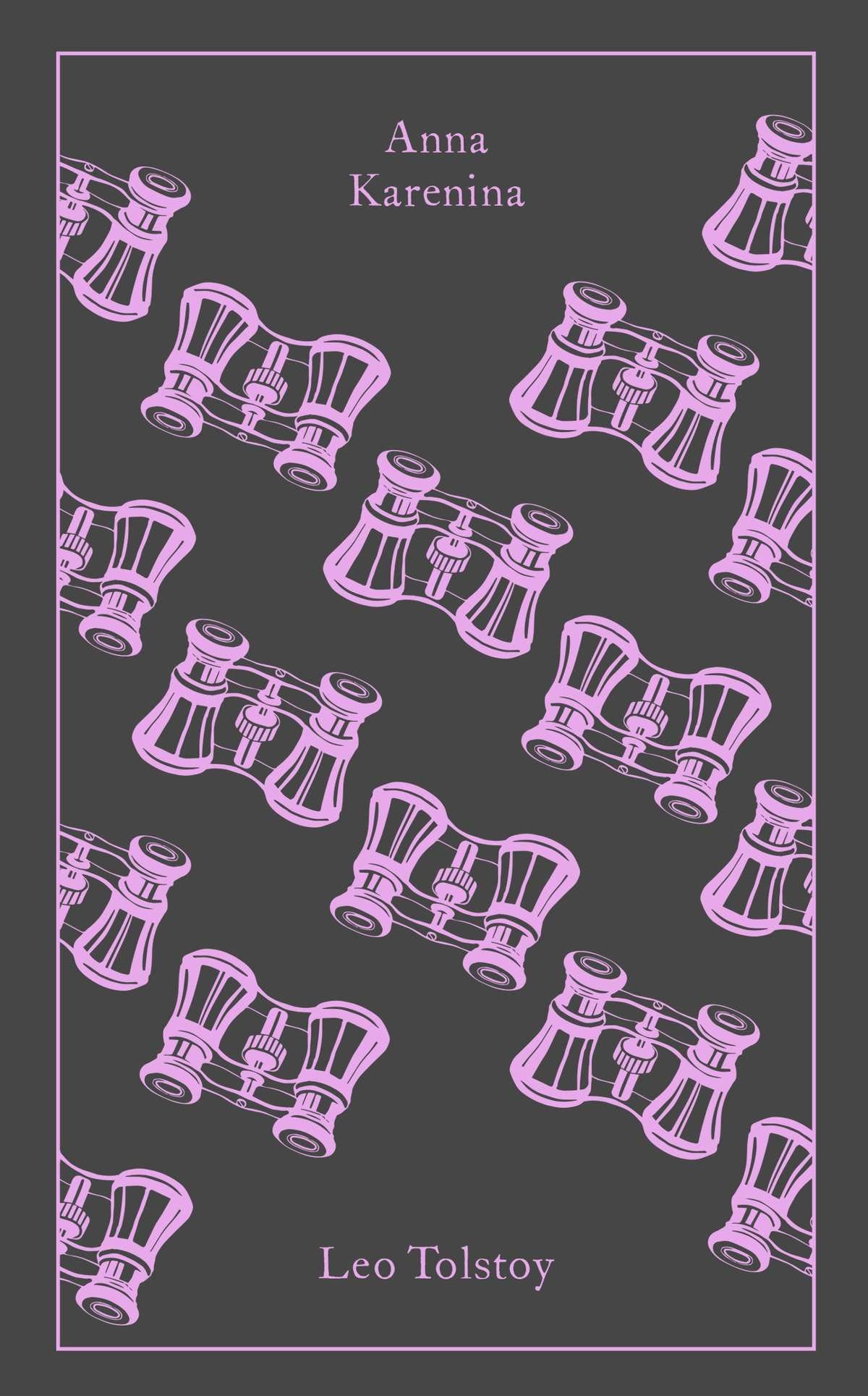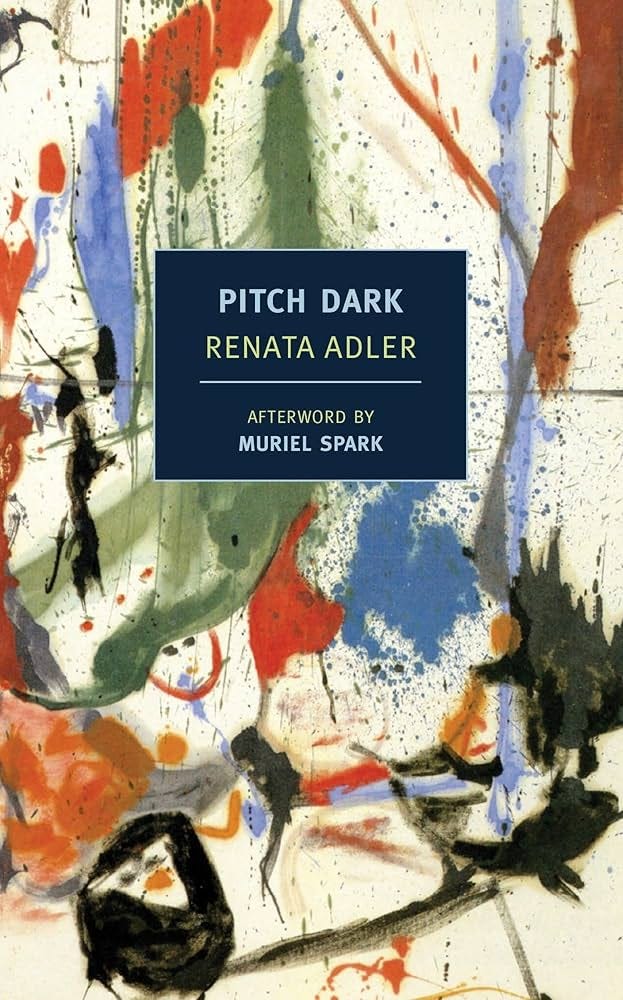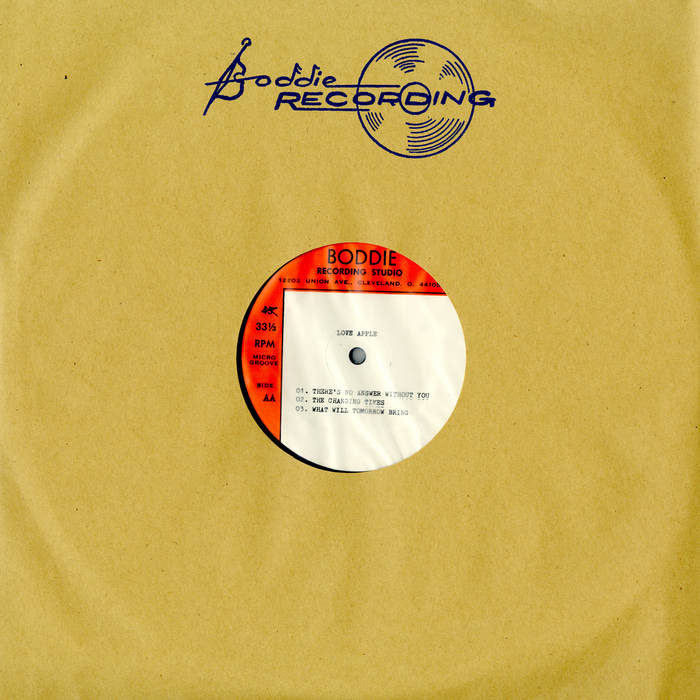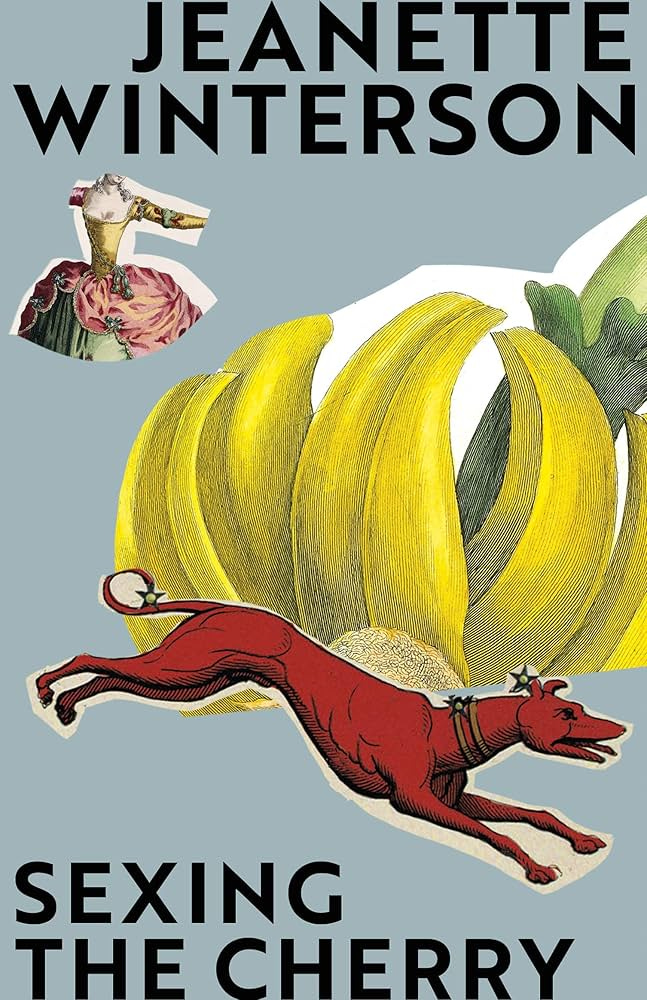One harassed and despairing night I packed a briefcase and went off a thousand miles to think it over. I took a dollar room in a drab little town where I knew no one and sunk all the money I had with me in a stock of potted meat, crackers and apples. But don’t let me suggest that the change from a rather overstuffed world to a comparative asceticism was any Research Magnificent—I only wanted absolute quiet to think out why I had developed a sad attitude toward sadness, a melancholy attitude toward melancholy and a tragic attitude toward tragedy—why I had become identified with the objects of my horror or compassion.
Does this seem a fine distinction? It isn’t: identification such as this spells the death of accomplishment. It is something like this that keeps insane people from working. Lenin did not willingly endure the sufferings of his proletariat, nor Washington of his troops, nor Dickens of his London poor. And when Tolstoy tried some such merging of himself with the objects of his attention, it was a fake and a failure. I mention these because they are the men best known to us all....
My self-immolation was something sodden-dark. It was very distinctly not modern—yet I saw it in others, saw it in a dozen men of honor and industry since the war.... I had stood by while one famous contemporary of mine played with the idea of the Big Out for half a year; I had watched when another, equally eminent, spent months in an asylum unable to endure any contact with his fellowmen. And of those who had given up and passed on I could list a score.
This led me to the idea that the ones who had survived had made some sort of clean break. This is a big word and is no parallel to a jailbreak when one is probably headed for a new jail or will be forced back to the old one.... A clean break is something you cannot come back from; that is irretrievable because it makes the past cease to exist. So, since I could no longer fulfill the obligations that life had set for me or that I had set for myself, why not slay the empty shell who had been posturing at it for four years? I must continue to be a writer because that was my only way of life, but I would cease any attempts to be a person—to be kind, just or generous....
I have now at last become a writer only. The man I had persistently tried to be became such a burden that I have “cut him loose”.... Let the soldiers be killed and enter immediately into the Valhalla of their profession. That is their contract with the gods. A writer need have no such ideals unless he makes them for himself, and this one has quit.
—F. Scott Fitzgerald,
“Handle with Care,” autobiographical fragment in The Crack-Up
April, 1936.
Not that Fitzgerald or anyone else ever forged a novel out of nothing but pity and personal recklessness. You don’t write a novel out of sheer pity any more than you blow a safe out of a vague longing to be rich. Compassion is all to the good, but vindictiveness is the verity Faulkner forgot: the organic force in every creative effort, from the poetry of Villon to the Brinks Express Robbery, that gives shape and color to all our dreams.
“Vice, as vice, is bad and unwanted,” the French light-heavyweight philosopher, Carpentier, once philosophized, “but there must be deep down in the makeup of every fighter a kind of viciousness. Wells (Bombardier Wells) had me in extremis but he failed to see red.” Marking the only known instance of a fighter speaking Latin to the working press, as well as the only known instance of an English heavyweight having anyone on earth in extremis.
Leo Durocher, a utility infielder with a resonant baritone, put it somewhat less literally: “I don’t get this stuff about sportsmanship. You play to win, don’t you? Say I’m playing short and Mother is on first and the batter singles to right. Mother comes fast around second with the winning run—Mother will have to go down. I’ll help her up, dust her off and say ‘Mom, I’m sorry, but it was an accident’—but she won’t of scored. Nobody asks how you happened to lose. All they want to know is did you win. If I’m spitting at a crack in the wall for nickels I still want to win. Anybody can come in second. Nice guys finish last.”
A certain ruthlessness and a sense of alienation from society is as essential to creative writing as it is to armed robbery. The strong-armer isn’t out merely to turn a fast buck any more than the poet is out solely to see his name on the cover of a book, whatever satisfaction that event may afford him. What both need most deeply is to get even.
And, of course, neither will. Whether or not either has actually been robbed by society is beside the point. A man so convinced, however illogically, will endure the agonies of the damned to get his own back. For if he felt he had nothing coming he’d be out of business, as strong-armer or poet, that same day.
If you feel you belong to things as they are, you won’t hold up anybody in the alley no matter how hungry you may get. And you won’t write anything that anyone will read a second time either. “The artist must approach his work in the same frame of mind in which the criminal commits his deed,” Degas agreed in essence with Durocher.
In the more meaningful writing, as in the defter sort of jack-rolling, this is either candid or concealed. Candid as in Céline, Genet or Dorothy Parker, concealed as in Koestler, Richard Wright or Mickey Spillane. And in the very best writing the one becomes a complete sublimation of the other.
“Even then,” Dostoevsky’s underground man recalls, “I carried this hole in the floor of my heart. I was terribly afraid to be seen and recognized.”
The great paradox of Dostoevsky lies in the vitality he drew from degradation. American writing, it is this observer’s notion, will remain without vigor until it draws upon the enormous reservoir of sick, vindictive life that moves like an underground river beneath all our boulevards. When the sewers back up we call it a “crime wave;” when after a while the waters subside a little we are content until the waters begin to lap the curb again. Then the pumps come out, and we’re in for another wave of reforms, from press, pulpit and politician, which serve to increase newspaper circulation, fill up the pews for a few Sundays and pump up the local payrolls.
The stranger from Mars who spent a day in the public library came away knowing that a few Americans possessed wealth that was virtually incalculable, that a hundred-odd million others had more than just enough. But gained barely an inkling into the lives of those who live out their hand-to-mouth hours without friendship or love. They belong to no particular street in no particular city. They pass from furnished room to furnished room, and belong not even to their own time; not even to themselves. They are the ones who are displaced in time, and again displaced in the heart....
“I read the smooth journals but they gave no news of this.”
Not until he walked the unswept streets in the hundred-storied evening and saw the legend in the first-floor-front—ROOM FOR TRANSIENT—did he begin to understand. Or was advised by a clerk, across an ancestral register, “Give a phony, mister.” He wanted to say who he was, but the clerk didn’t want to know.
Not until he saw them sleeping in the all-night restaurants and the all-night movies and the night-blue bars of the whiskey wilderness did he understand at last that he was on the ancient unswept street where most of humanity has always lived.
And had he asked them, they would not have been able to say who they were. Belonging nowhere, no one can tell who he really is. Who one really is depends on what world he belongs to. The secret multitudes who belong to no world, no way of life, no particular time and place, are the truly displaced persons: displaced from their true selves. They are not the disinherited: they are those who have disinherited their own selves.
Out of the furnished rooms and into a cheap hotel and back to the furnished room before the room is out: the “unemployed bartender,” “unemployed short-order cook,” “unemployed salesman,” “unemployed model,” “unemployed hostess;” “self-styled actor,” “self-styled artist,” “self-styled musician,” “self-styled author,” as the self-styled reporters conveniently file them. Their names are the names of certain dreams from which the light has gone out.
The clerk at the third-rate hotel is always half-pleased to see the “unemployed hostess” or “self-styled actress” come in to register, wearing nylon hose and carrying all she owns in the handbag slung over her shoulder. “A room with a private bath,” she instructs him. “I don’t want to be disturbed.” You don’t have to tell her to give a phony.
He isn’t even half-pleased to see her, two decades further along, in black ribbed-wool stockings and a shopping bag. But her manner is more humble. “I’ll pay in advance,” she offers, before anybody throws her out. “You certainly will,” he assures her.
Give her another decade and she’ll show up, just before daybreak, with neither handbag nor shopping; and no stockings at all. Just a weary old weirdie who would lie down to rest. “You got a checkout room for me, mister?”
Meaning any room vacated by a full-paying guest before his allotted time was up; leaving an hour, or even two or three, before somebody else able to pay rent around the clock shows up. Weary Old Weirdie gets it for half price—and into the clerk’s pocket that goes, you can be mighty sure. Weirdie takes her own chances—she may be rooted out of last night’s sheets in an hour. But if there’s no particular run on rooms she may be left alone up there till evening.
Those are the chances you take if you’re an old weirdie with most of your hours, save but a few, left behind in the disheveled sheets of a thousand checkout rooms. If nobody tells you anymore to give a phony. Knowing that even your true name has become a phony.
Wanderer untroubled by names and numbers: unregistered, unattached, uncounted and unbereaved in the files of the American Century. There are no insurance policies to bereave her, no bankbook to grieve her, no driver’s license nor visa, no hospitalization plan nor social security number to say, the day after the nameless burial, what her true name was. Nothing but the hardwood subway bench and the Twelfth Street Station to remember: W. O. Weirdie once took rest here.
Self-styled actress; self-styled stunt man; self-styled world traveler, part-time entertainer and full-time veteran; self-styled heiress: their names are no more than the names of certain lonely hours. They sought someone to tell who they were, and never found anyone; for they did not know themselves who they were. They looked whole lifetimes for an answer without knowing what the question was.
The pool shark hitchhiking to Miami or Seattle, the fruit pickers following the crops in a 1939 Chevy with one headlight gone and the other cracked; carny-men and pitch-men, punchboard operators and unemployed blackjack dealers; pigeon-droppers and penny-matchers, young touts in Hollywood tattersalls and coneroos from the Good Old Days in dirty London collars; freelancing phonies and necktie salesmen with furtive eyes; and the stripper forced to a stint of secret hustling after the Super Breakfast show is done, to get up her Daddy’s fine because Daddy’s doing thirty days for going on the drunk again. (Daddy would blow his top, she boasts, if he knew what she was doing. It’s all right so long as he’s allowed to pretend he doesn’t dig a thing. Daddy is smart enough not to ask questions and Baby is smart enough to act as though there were none to ask. It makes things easier for Daddy. And what’s good for Daddy is good for the country.)
These aren’t the great gray wolves that run the winter wilderness, but only the toothless, half-tame jackals that prowl the outskirts of dude-ranch camps when night-fires start to wane. Hard-time nomads or easy-livers, zigzag zanies or phony martyrs, young band-rats or elderly satyrs who buy a little and sell a little, work a day and rest a while. Sleep by day and play by night, they abide in an evening country where ten a.m. always looks more like five in the afternoon of any season at all. Theirs is that ancestral hour when the little deeds are done.
All those who, between sleep and selling, between rest by day and play by night, do the little deals.
“But do you know,” somewhere one of Dostoevsky’s odd fish cries out suddenly, “do you know it is impossible to charge man with sins, to burden him with debts and turning the other cheek, when society is organized so meanly that man cannot help but perpetrate villainies; when, economically, he has been brought to villainy, and that it is silly and cruel to demand from man that which, by the very laws of nature, he is impotent to perform even if he wished to...?”
Their names are those of certain nighttime notions, held too tightly, that would not ever have been conceived had there been someone in the night to hold instead.
And do their time cheerfully enough when trapped—thirty days or sixty or ninety without a hangover of guilt. The little man in the business suit who wouldn’t steal a dime if you put it in his pocket carries around a heavier load of guilt these days than do the people of the twilight. When the latter take a fall they come out ready to say, “I paid for that one,” for they feel they have. But the business suit, when he is finished paying in full for everything, is plagued by the feeling that there’s something unpaid for yet. So he goes to a twenty-dollar-an-hour analyst who feels guiltier than he does. Americans everywhere face gunfire better than guilt.
It is the hapless, useless, helpless goof-ups who’d rather play a juke all day than get into the rat race for fame and fortune, who go guiltless. The tricked, the maimed and the tortured who do the little deeds. And never lie down to rest. For they sense that the guilt is elsewhere.
The caves of their country are the acres and acres of furnished rooms as well as the railroad hotels of the small-town slums; on the dim-lit streets behind the bright-lit boulevards as on the rutted roads behind Main Street; in the chicken-wire flops as in the all-steel cells with the solid doors; backroom brothels as in back-street bars; in the courts and the wards and the charity hospitals; in all the dens and all the dives wherein we see and touch the bone and flesh out of which our time is forged at last.
Down in the alley battleways behind the billboards with the painted smiles.
There, accustomed to taking daily strolls along the unterraced edge of utter disaster, long used to being booted gratuitously by the hindquarters of destruction, here at last are all those, in Dostoevsky’s phrase, for whom nobody prays: the ones whose defeats cost everything of real value, and yet whose laughter cuts closest to the bone.
Leaving scar-tissue enough to satisfy Ilsa Koch.
In the horse-and-wagon alleyways of the littered hinterland behind the editorials. The street that stenography so often reports yet never can touch without flinching. The unswept streets where most of humanity has always lived.
Yet, in suggesting that the true climate of the human condition on the home grounds may best be gauged underground, I’m referring not only to a sociological strata but to a psychological condition as well: all those so submerged emotionally that they are unable to belong to the world in which they live.
“To regard the universe as one’s own,” Simone de Beauvoir writes, “one must belong to the caste of the privileged; it is for those alone who are in command to justify the universe by changing it, by thinking about it, by revealing it...” To know oneself one must belong to the world.
It is therefore possible to live underground even while skiing at Aspen or Sun Valley. You don’t have to live in an alley to be submerged. Although, come to think of it, that does seem as good a way as any of going about it.


